Adult Eating Disorder Treatment in Spain (near Marbella) — Private One-to-One Care

Quick answer: Sea Recovery provides fully private, one-to-one adult eating disorder treatment in Spain near Marbella in a calm, unbranded villa. We combine daily psychotherapy (CBT, DBT, ACT, IPT) with body-based regulation (TRE, breathwork, yoga) and creative therapies — with no groups. If you’re comparing eating disorder treatment spain options or a discreet eating disorder rehab spain setting, this page explains exactly what to expect and how we keep you safe.
Sea Recovery offers confidential, one-to-one support for adults with eating disorders in a luxury coastal setting close to Marbella. Our model is simple: meaningful therapy, emotional safety, and a pace that respects your nervous system — not a one-size-fits-all regime.
Whether you hold a formal diagnosis or simply know something isn’t right, you’ll work daily with licensed clinicians and a small, specialist team. We focus on identity, emotions and nervous-system health — not calorie policing. For our integrated lens across food and mood, see Mental Health & Eating Disorders. You can also learn more about our centre on the Sea Recovery homepage.
Watch: Private Eating Disorder Treatment at Sea Recovery (Spain)
What is an eating disorder, in plain words?
Eating disorders are not really about food. They are about pain, identity and safety. Restriction, bingeing, purging or compulsive exercise often begin as ways to cope with anxiety, grief, trauma or perfectionism. Over time, the strategy takes over. Our work helps you build safety without the disorder, so your mind and body can reconnect.
Types of eating disorders we treat
- Anorexia nervosa — persistent restriction, intense fear of weight gain, body-image disturbance; often driven by control and safety needs.
- Bulimia nervosa — cycles of bingeing and purging; shame and secrecy keep the cycle alive.
- Binge Eating Disorder (BED) & Food Addiction — compulsive overeating linked to stress, loneliness or trauma; compassion and regulation reduce shame.
- Orthorexia — health/“clean eating” obsession that narrows life and harms nutrition; we restore flexibility and self-trust.
- ARFID — avoidant/restrictive intake from sensory issues or fear; we build tolerance gently and collaboratively.
- Mixed disordered eating — combinations of restriction, bingeing, purging and over-exercise, often alongside anxiety, OCD or trauma.
We also support people who feel “not sick enough” for hospital pathways. If you’re struggling, you qualify for care. Begin a confidential conversation via Contact or read more on the Sea Recovery homepage.
Why treatment near Marbella helps (distance without disruption)
Marbella offers energy — and visibility. Our villa in Sotogrande sits about fifty minutes from Marbella, giving you privacy and calm while staying close to home. We arrange door-to-door transfers from Marbella, Puerto Banús and San Pedro. This gentle distance lowers social pressure and allows deeper work, then we map aftercare to your real life in Marbella.
- Discreet & unbranded: no public exposure, no shared dorms, no groups.
- One client focus: your rhythm sets the pace; device windows agreed in advance.
- Coastal regulation: light, air and nature walks support sleep and appetite repair.
How we treat eating disorders at Sea Recovery
We blend targeted psychotherapy with somatic and creative practices so mind and body move together. You and your lead therapist review progress daily and adjust the plan as your capacity grows.
New to our approach? Start with Mental Health & Eating Disorders and see Eating Disorder Nutrition in Spain for how flexible nourishment works.
Core psychotherapies
- CBT — mapping triggers, beliefs and avoidance; experiments that rebuild trust with food, body and social life.
- DBT — emotion regulation, distress tolerance, boundary repair; skills you can use immediately.
- ACT — values-based action even when anxiety or urges are present; reduces fight with thoughts.
- IPT — grief, role transitions and relational patterns that maintain the disorder.
- Family Therapy / IFS — parts that push perfection and punishment; gentle re-parenting and attachment repair.
- MET Therapy — trauma-informed processing at a pace your system can tolerate.
Somatic & creative regulation
- TRE and functional breathing — discharge stress and stabilise appetite cues.
- Yoga therapy and mindfulness — rebuild interoception and self-kindness.
- Art therapy and movement therapy — express what words can’t carry yet.
- Optional bodywork: massage, acupuncture, lymphatic drainage for nervous-system reset.
Nourishment & medical coordination
We are not a weight-centric bootcamp. We work collaboratively on flexible nourishment and symptom reduction. Where medical stabilisation is needed, we coordinate private detoxification / medical care with licensed partners before or on arrival. If nutrition labs or IV support are clinically indicated, we liaise with holistic nutritional therapy. (We do not replace your GP/psychiatrist; with consent, we collaborate.)
Medical monitoring & safety
- On admission: history & risk review; vitals; recent labs requested (U&Es, phosphate, magnesium), ECG if indicated; GP/psychiatry liaison with consent.
- During stay: daily wellbeing/vitals check; targeted labs as clinically indicated (e.g., electrolytes in refeeding risk); medication coordination with prescribers.
- Escalation: if medical instability is identified, we pause therapy and coordinate urgent medical care. Residential therapy is not a substitute for hospital care.
- Documentation: we provide concise summaries for your GP or existing team on request.
How supported meals work (without shame)
- Before: 3–5 minute grounding; planning the plate together; setting a single focus (e.g., pace, variety, or self-talk).
- During: therapist or coach present as needed; prompts for pace, flexibility and distress tolerance (DBT skills, breathing).
- After: 20–40 minute “urge window” support to reduce compensatory behaviours; brief reflection and a tiny next step.
- Exposure: gentle practice for restaurants, social meals and travel, rehearsed first in-session.
What to expect week-by-week
- Week 1 (stabilise): assessment, safety plan, sleep repair; CBT mapping; first supported meals; DBT grounding; soft movement; medical monitoring baseline.
- Week 2 (skills & flexibility): DBT emotion work; ACT values; graded variety; post-meal support; family/partner session if helpful.
- Week 3 (beliefs & identity): cognitive restructuring; body image (attention training, mirror work paced); social exposures.
- Week 4 (integration): restaurant/real-life practice; boundary scripts; relapse-prevention plan draft; aftercare schedule.
- Weeks 5–6+ (deeper work, optional): trauma-informed processing (MET/parts), perfectionism, intimacy/identity, work-life reintegration. Aftercare rehearsals continue.
A sample day in Sotogrande (near Marbella)
| Time | Plan |
|---|---|
| 07:45 | Grounding & light movement |
| 08:15 | Supported breakfast + brief post-meal support |
| 09:30 | One-to-one therapy (CBT/DBT/ACT/IPT) |
| 11:00 | Somatic work (TRE / breathwork) or creative session |
| 12:45 | Supported lunch + “urge window” support |
| 14:15 | Rest & reflection; optional yoga/mindfulness |
| 15:30 | Behavioural experiment / exposure (e.g., café practice) |
| 17:00 | Body image / identity work or family check-in |
| 18:30 | Supported dinner + post-meal support |
| 20:00 | Wind-down, journalling, sleep routine |
Anorexia nervosa — control, safety and identity
Anorexia is often a strategy for safety: when life feels unpredictable, controlling intake and the body can create a sense of certainty. Over time, this narrow focus eclipses relationships, work and joy. We work gently with the parts that fear nourishment and softness, pairing CBT experiments with DBT skills to manage anxiety spikes around food, and ACT values work to rebuild a life beyond numbers. Body image work is paced — we target interoception (internal signals), strength and function, and compassion before appearance.
- Graded food flexibility with collaborative choice (not coercion)
- Sleep and energy repair to improve cognitive flexibility
- Identity work via self-esteem & identity recovery
- Optional family sessions to reduce unhelpful accommodation
Bulimia nervosa — interrupting the binge–purge cycle
Bulimia cycles are maintained by secrecy, perfectionism and relief-seeking. We map each step (cue → thought → urge → binge → purge → relief → shame) and insert skills at multiple points. DBT gives tools for distress tolerance when urges peak; ACT normalises uncomfortable thoughts without obeying them; IPT repairs relational triggers (conflict, criticism, role strain). Gentle body regulation (TRE, breathwork, yoga) reduces the physiological pressure that often precedes binges.
- Chain analysis & urge surfing protocols you can use at home in Marbella
- Shame reduction and self-compassion practices (brief daily drills)
- Sleep/sugar rhythm planning to soften vulnerability windows
Binge Eating Disorder & food addiction — reducing shame, rebuilding choice
BED and food addiction are frequently misunderstood as “lack of willpower”. We treat them as nervous-system attempts to self-soothe or stimulate. Together we identify “state-shifters” (fatigue, loneliness, anger) and build non-food alternatives. CBT targets the habit loop; ACT anchors value-based choices; expressive work lets difficult feelings move safely. We practise flexible neutrality — no food is “moral”; we aim for variety, adequacy and enjoyment without backlash.
Orthorexia & ARFID — safety first, then flexibility
Orthorexia narrows life under the banner of “health”, while ARFID limits intake due to sensory aversion or fear. For both, we begin with safety and consent: exposures are collaborative, graded and paired with regulation (grounding, paced breathing). We teach “window of tolerance” awareness so you can sense when to push gently and when to pause. Social scenarios (restaurants in Marbella, family meals) are rehearsed in-session before real-life experiments.
Dual diagnosis: anxiety & depression with eating disorders
Many clients live with anxiety and depression alongside an eating disorder. Anxiety fuels avoidance (skipping meals, compulsive exercise); depression flattens motivation and narrows appetite signals. Treating only food misses the driver. We stabilise sleep and circadian rhythm, teach DBT emotion regulation, and use ACT to restart small, meaningful actions even when mood is low. With consent, we coordinate with your GP/psychiatrist if medication review is indicated. This integrated plan reduces relapse risk because it treats the reasons you needed the disorder.
Body dysmorphia (BDD) & body image healing
BDD is not “vanity”; it is an anxiety disorder where perceived “flaws” dominate attention. Eating disorders often co-exist with body image distress or BDD. We use CBT-BDD principles, gentle mirror work, attention retraining, and compassionate imagery — never flooding. We move from appearance-only evaluation to multi-dimensional body respect: function, sensation, strength, comfort and self-expression. Practical tools include wardrobe resets for comfort, social media hygiene, and interoceptive training so internal signals (hunger, fullness, fatigue) matter more than the mirror.
- Identity & worth work via self-esteem & identity recovery
- Relational repair with IPT when comparison/criticism maintains symptoms
- Mindful movement and mindfulness to reduce compulsive checking
Working safely: outcomes we track (beyond weight)
We track outcomes that make life better: sleep quality, energy stability, anxiety/urge frequency, cognitive flexibility, social re-entry, and self-criticism reduction. Where relevant, we coordinate labs or nutrition support with licensed providers. Claims are honest: recovery is possible and non-linear; our role is to keep you safe, seen and steadily resourced.
Who we support
- Adults (18+) with diagnosed or undiagnosed eating disorders
- Clients who felt unseen in group-based clinics or weight-only models
- People with dual diagnosis (anxiety, OCD, ADHD, trauma, depression)
- Professionals, creatives and carers needing privacy and flexible pacing
- High-functioning adults managing shame, perfectionism or burnout alongside food struggles
Your first two weeks (quick view)
- Days 1–3: assessment, sleep repair, crisis plan; CBT mapping; gentle regulation (TRE/breathing).
- Days 4–7: DBT skills, ACT values work; IPT for roles/relationships; creative integration.
- Days 8–10: graded food flexibility, body image work; movement therapy; family/partner session (optional).
- Days 11–14: relapse-prevention mapped to Marbella routines; aftercare schedule set (remote sessions, check-ins, community touchpoints).
Life in the villa (near Marbella)
- Private suite with ensuite and outdoor access — quiet, unbranded space to decompress.
- Chef-prepared cuisine tailored to stabilise energy and mood; gentle exposure to variety.
- Wellness amenities: ice baths, yoga deck, treatment rooms; optional cold exposure when appropriate.
See a typical day and environment on Life at Sea Recovery and learn about our setting across Spain on Sea Recovery.
Programmes (choose the right entry point)
- Ultimate Bespoke Programme — ultra-private, curated around your rhythms
- Premium Tailored Programme — full bespoke structuring
- Deluxe Programme — intensive one-to-one therapy + somatic care
- Executive Programme — discretion with essential work windows
- Essential Care Programme — stabilisation, rest and clarity
- 5-Day Outpatient Programme — intensive non-residential reset
- Secondary Care Programme — transitional/post-residential support
Aftercare & staying well in Marbella
- Relapse prevention & life skills tailored to Marbella routines and triggers (restaurants, events, seasons).
- Remote therapy & coaching with your lead therapist.
- Long-term check-ins and periodic reviews.
Frequently Asked Questions
What is eating disorder treatment at Sea Recovery?
Daily one-to-one therapy with CBT, DBT, ACT and IPT, combined with somatic and creative work (TRE, breathwork, yoga, art/movement). No groups. Flexible nourishment and medical coordination when indicated.
Do I need a diagnosis to begin?
No. If you’re struggling, you qualify for care. We can liaise with your GP/psychiatrist with consent.
Is this inpatient or residential?
Residential, one-to-one care in a private villa (no shared dorms, no groups). Medical hospitalisation is arranged separately if needed for safety.
Is this in Marbella?
We serve Marbella from a private villa in Sotogrande (≈50 minutes). Discreet door-to-door transfers are arranged.
What about medical safety, labs or IV support?
We coordinate with licensed medical partners for stabilisation, labs and IV therapy where clinically indicated. We do not replace your primary medical care.
Will I be forced to follow a strict meal plan?
No. We use collaborative, flexible nourishment aligned to your goals and clinical needs, with supported meals and post-meal support.
How long should I stay?
Many clients stabilise in 14–21 days; deeper work often runs 4–6+ weeks. Length is flexible and reviewed weekly.
Do you accept adults who are not underweight?
Yes. Many adults with bulimia, BED or mixed patterns are not underweight. We focus on safety, symptoms and function—not a number on a scale.
Can I work remotely during treatment?
Sometimes. We agree device/work windows case-by-case to protect recovery pace and privacy.
Can family be involved from abroad?
Yes. We can include partner or family sessions remotely or on-site when therapeutically helpful.
Do you treat body dysmorphia (BDD)?
Yes. We use CBT-BDD principles, attention retraining, gentle mirror work and compassionate imagery, integrated with identity and mindfulness practices.
What if I also have anxiety or depression?
We treat both the eating disorder and co-occurring anxiety/depression together — stabilising sleep, teaching regulation skills and coordinating care (with consent) to reduce relapse risk.
Reviewed by: Simon Hitchcock, Centre Manager & Lead Therapist (UK-trained). Last reviewed: 2025-10-01. This page provides educational information and does not replace medical advice.
Begin Private Eating Disorder Rehab in Spain
You deserve a life beyond food fear, shame and control. Sea Recovery offers quiet, intelligent care with privacy at every step. If you’re choosing between one-to-one and group models, read Why Private Therapy in Spain — then talk with us.
LIFE AT SEA RECOVERY
Step Inside a Healing Experience Like No Other
IN-HOUSE AMENITIES
View the gallery of our in-house amenities
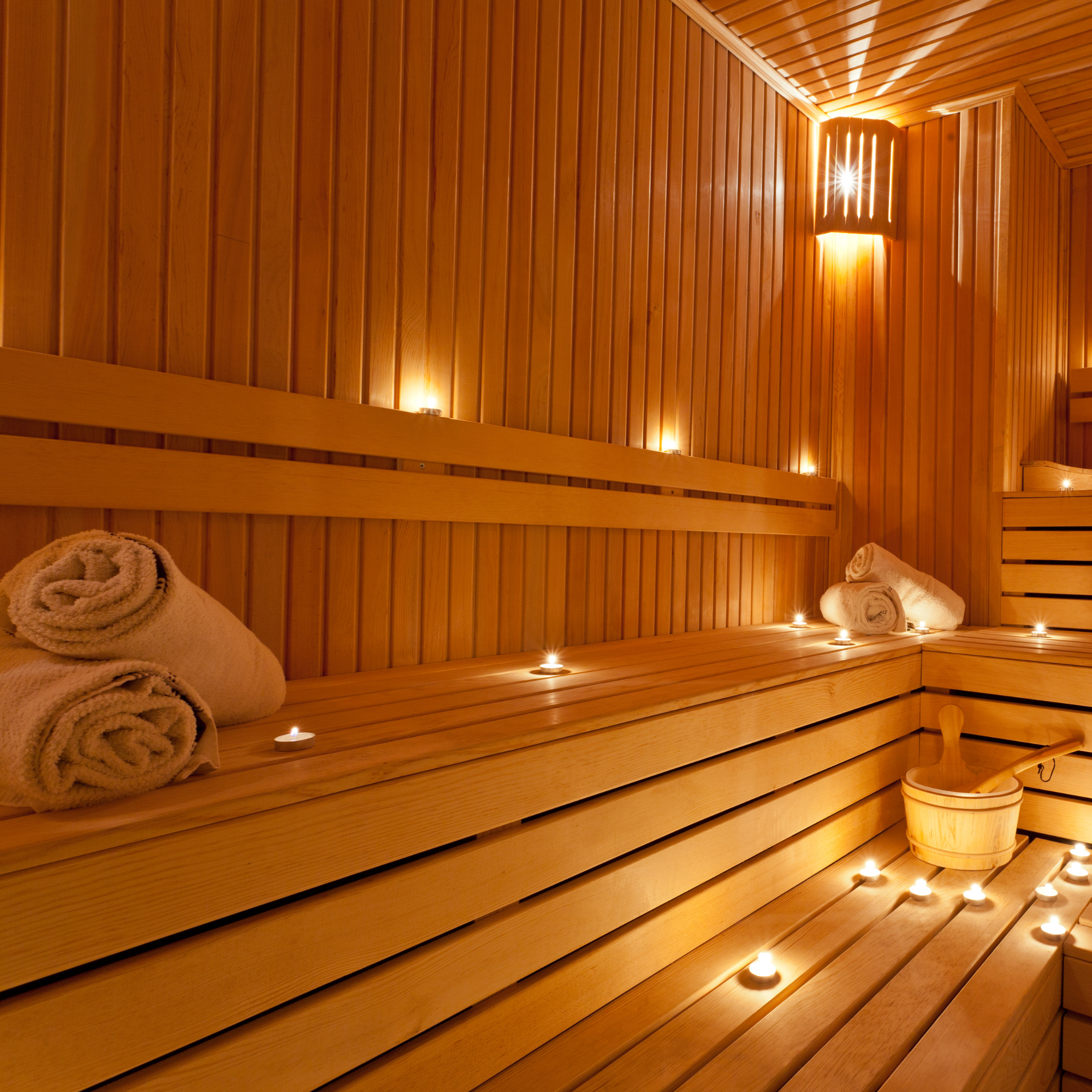
Sauna & Hammam
Indulge in the ultimate relaxation at our sauna and Hammam, complete with a steam room and Jacuzzi.
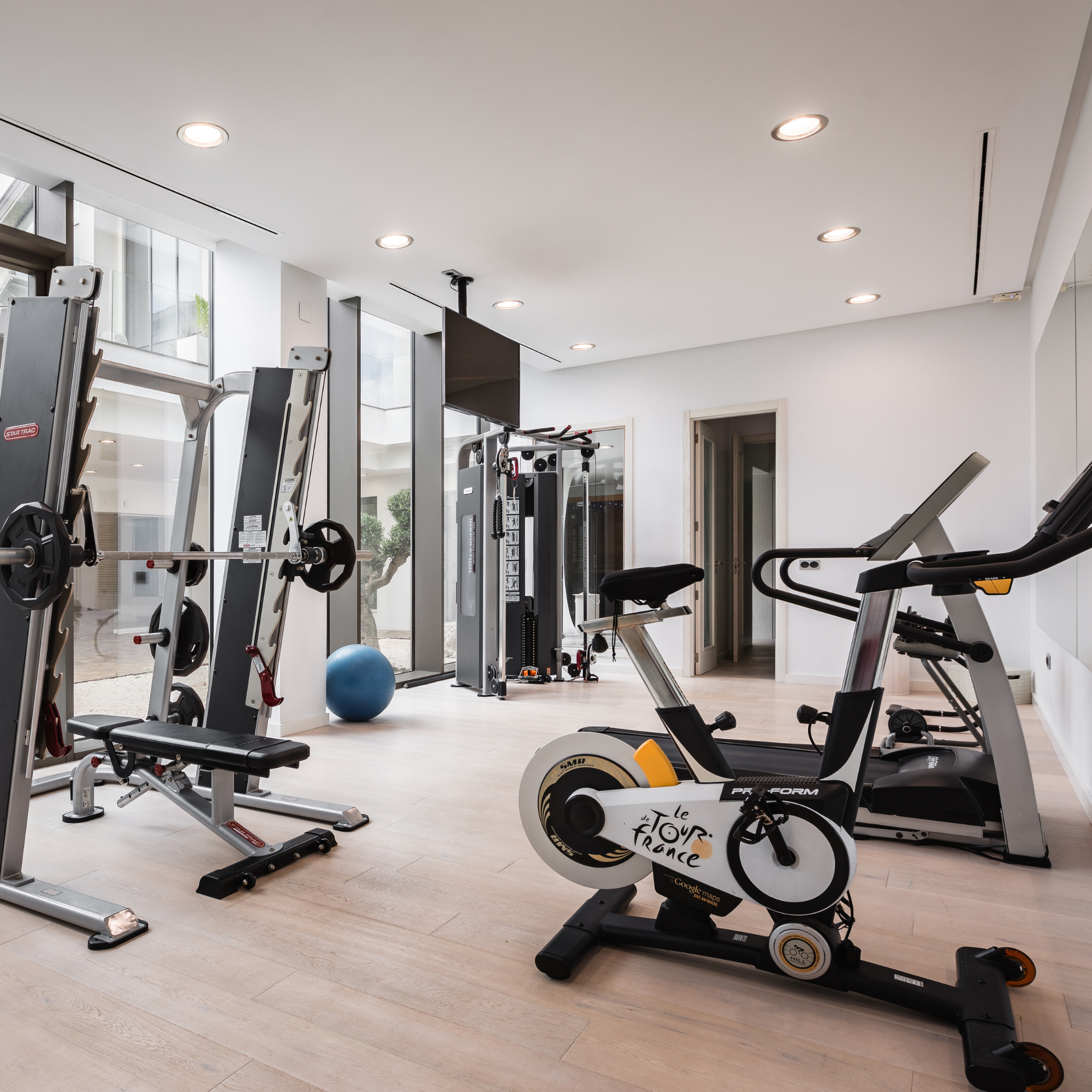
Fitness Centre
Our luxury fitness centre, where wellness meets sophistication. We also provide a professional personal trainer.
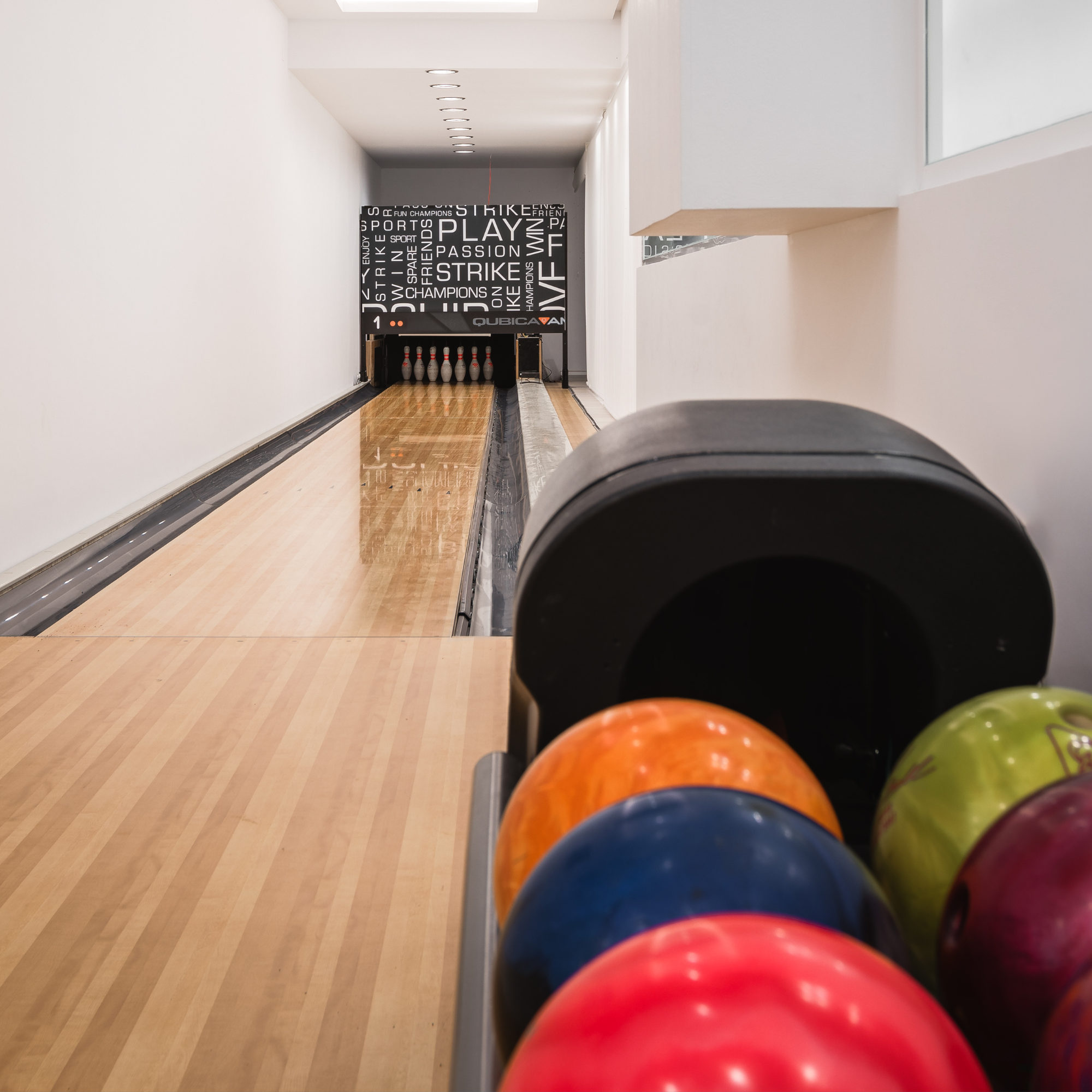
Bowling Alley
Our professional 10-pin Bowling Alley is the perfect place to unwind, socialise & enjoy a fun, stress-free activity as part of your recovery journey.
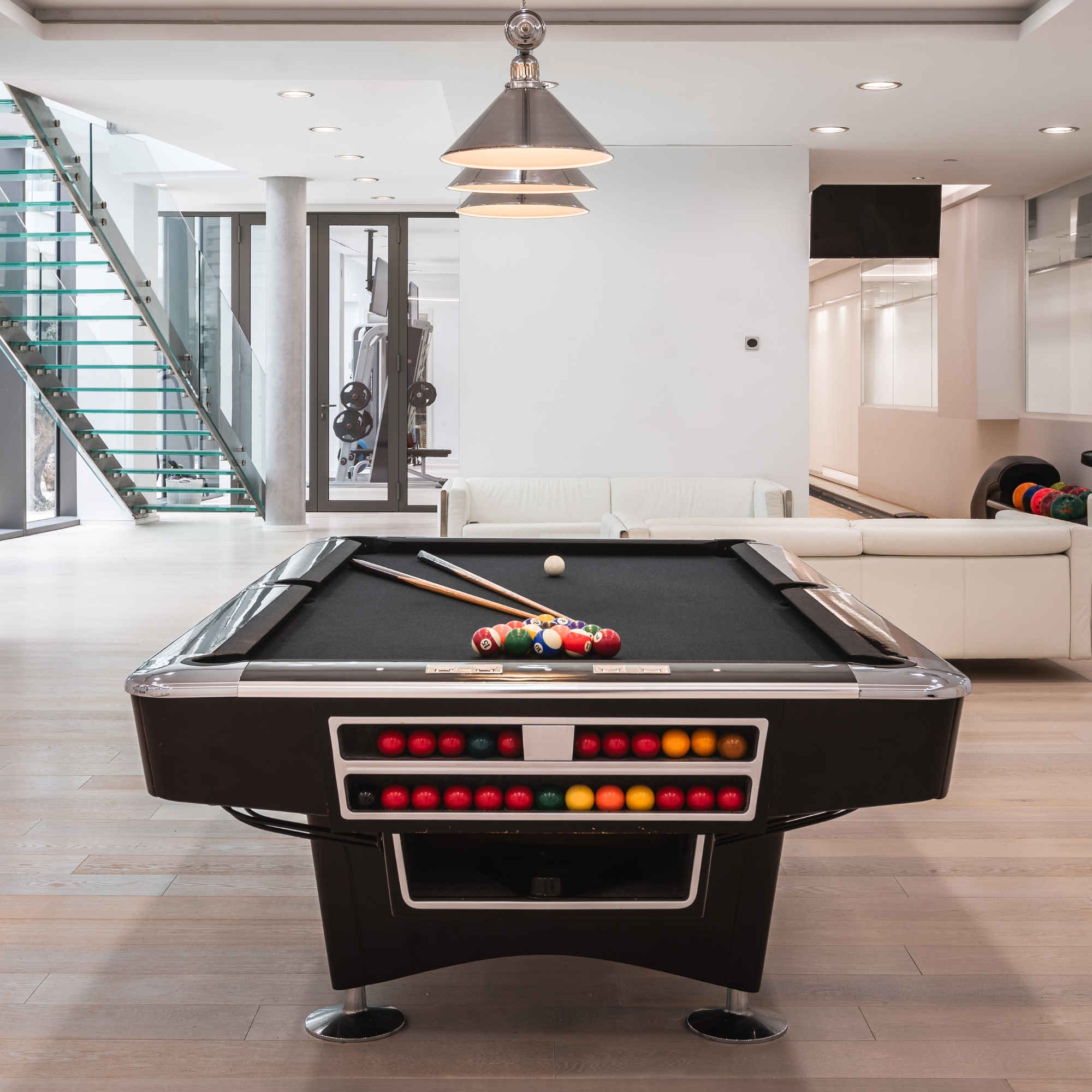
Games Room
Our luxury Games Room offers the perfect retreat for relaxation and mindful recreation, Whether enjoyed solo for quiet reflection or as a social activity.
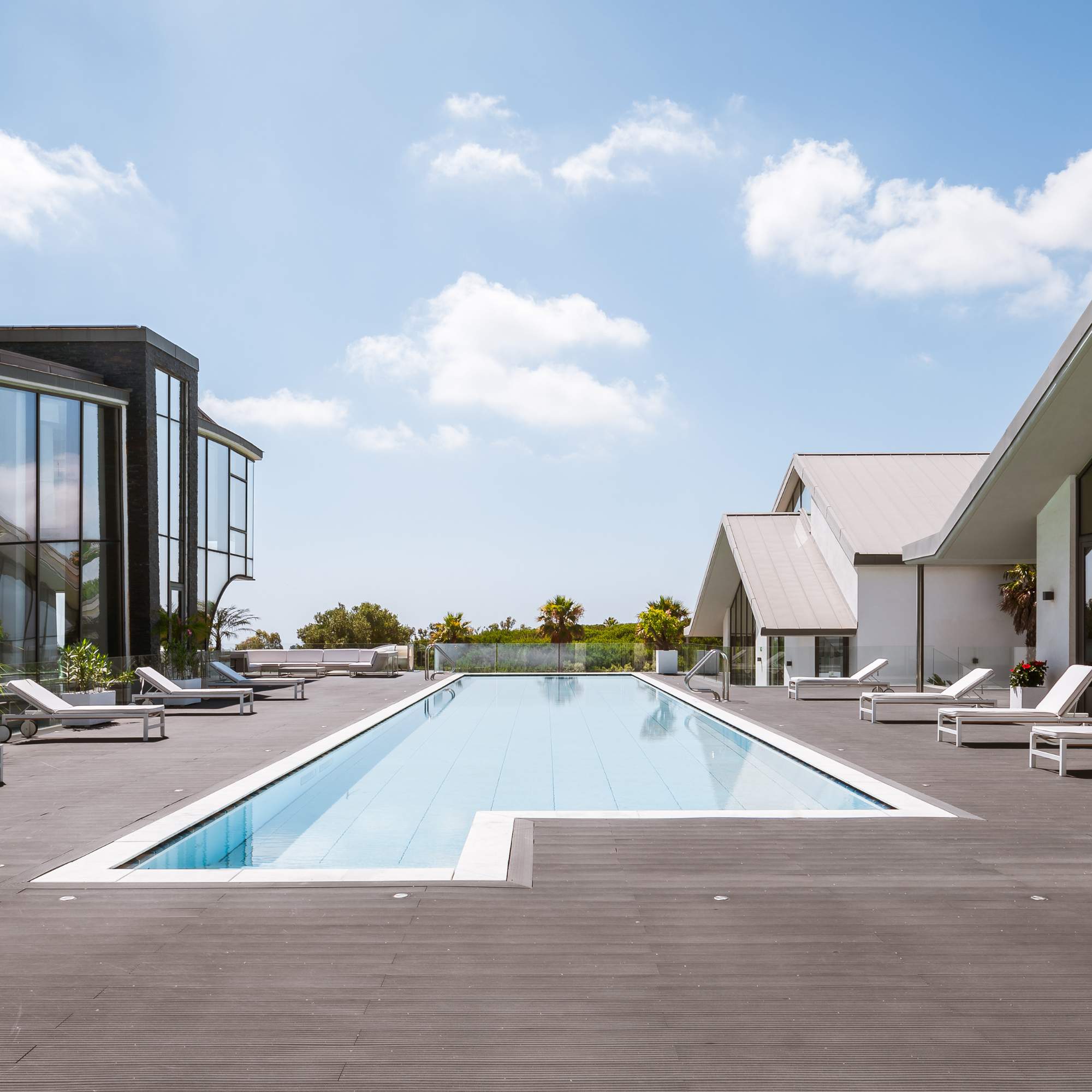
Athletic Size Swimming Pool
Dive into our full-sized athletic swimming pool, designed for both fitness and leisure.
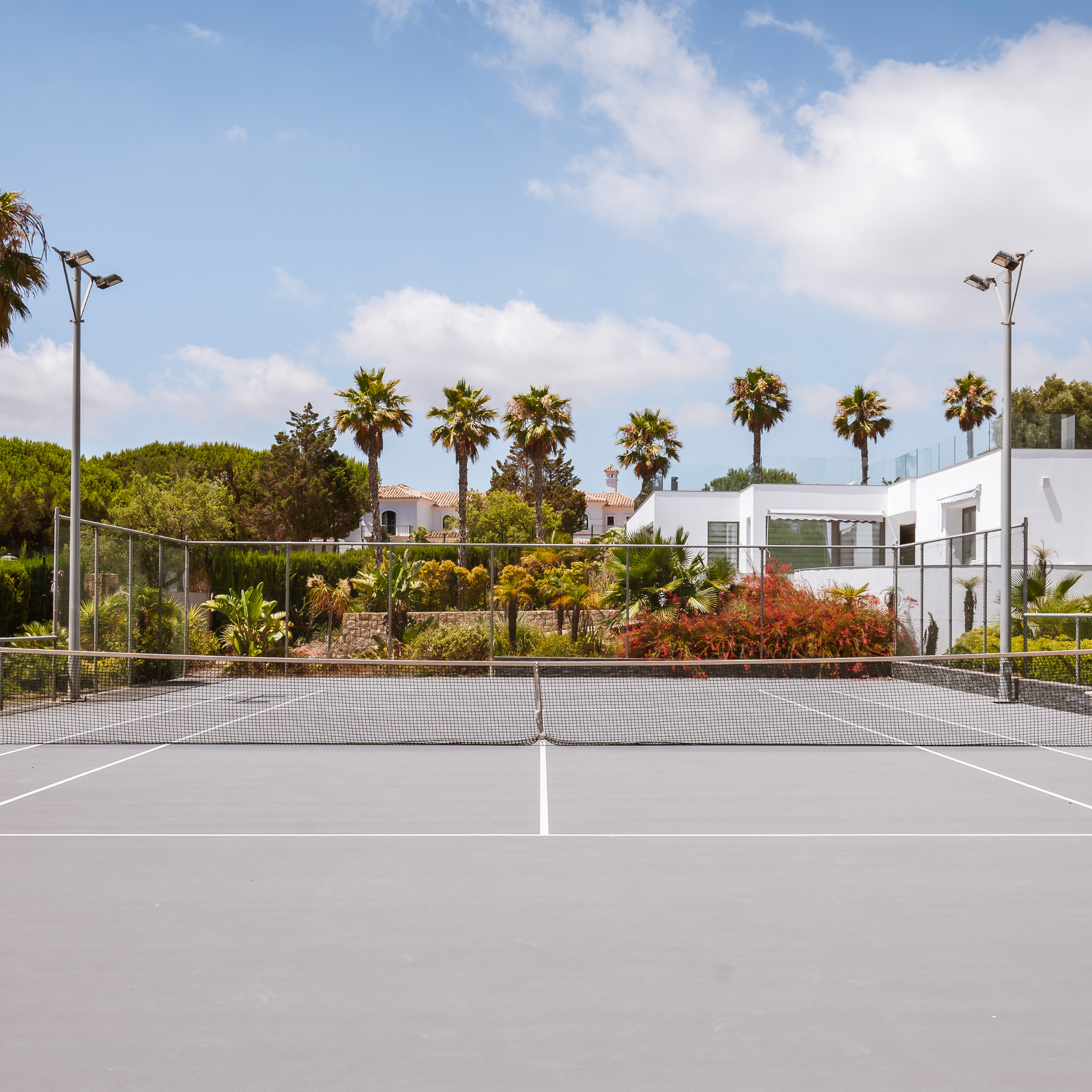
Tennis Court
A professional-grade, floodlit tennis court designed for optimal playability, durability, and performance. We also offer professional tennis coaching.
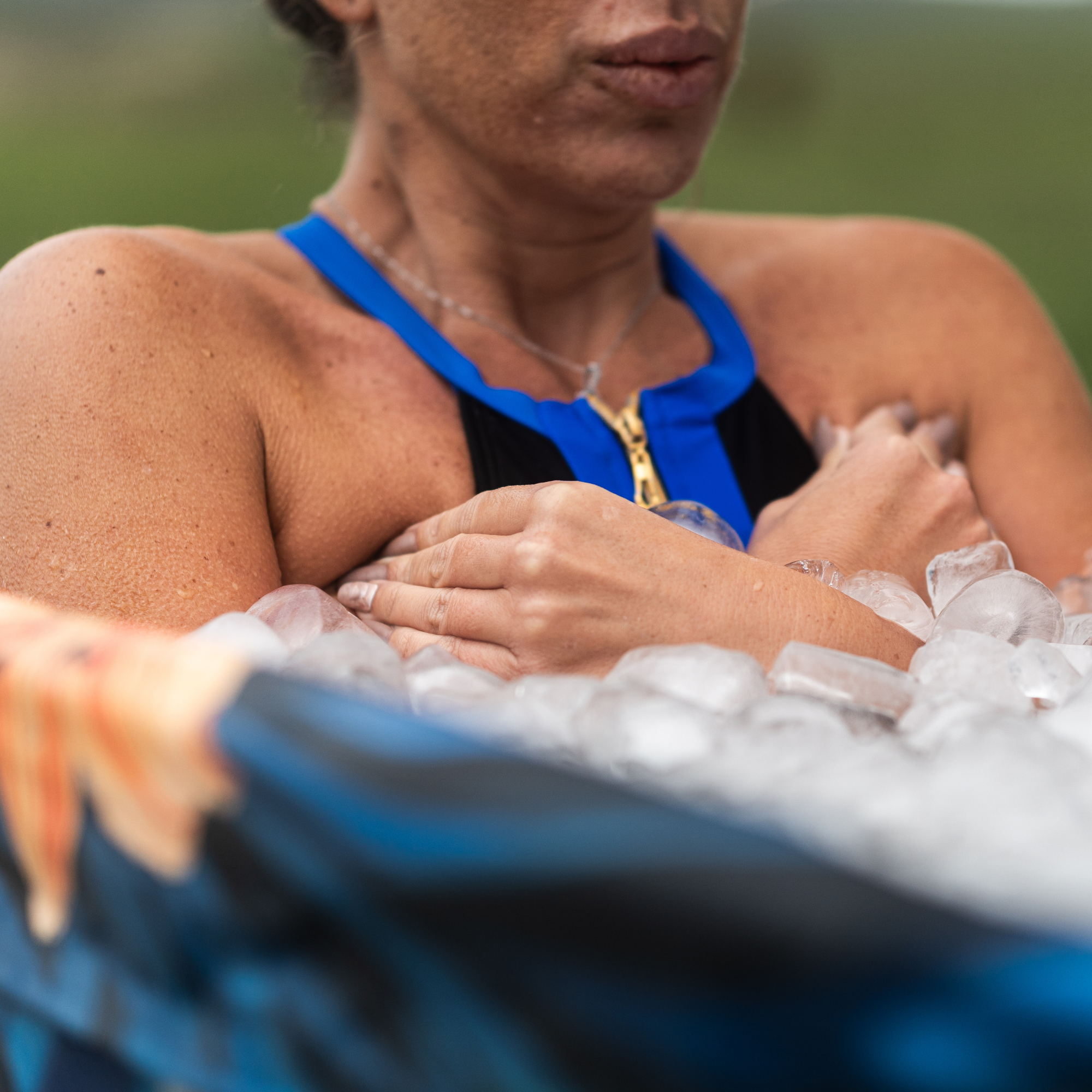
Ice Bath
Experience the power of cold exposure with the Wim Hof Method. Led by a certified instructor, our ice bath sessions help reduce inflammation, boost circulation, and improve mental clarity. It's the perfect way to accelerate recovery, reset your body, and energize your mind
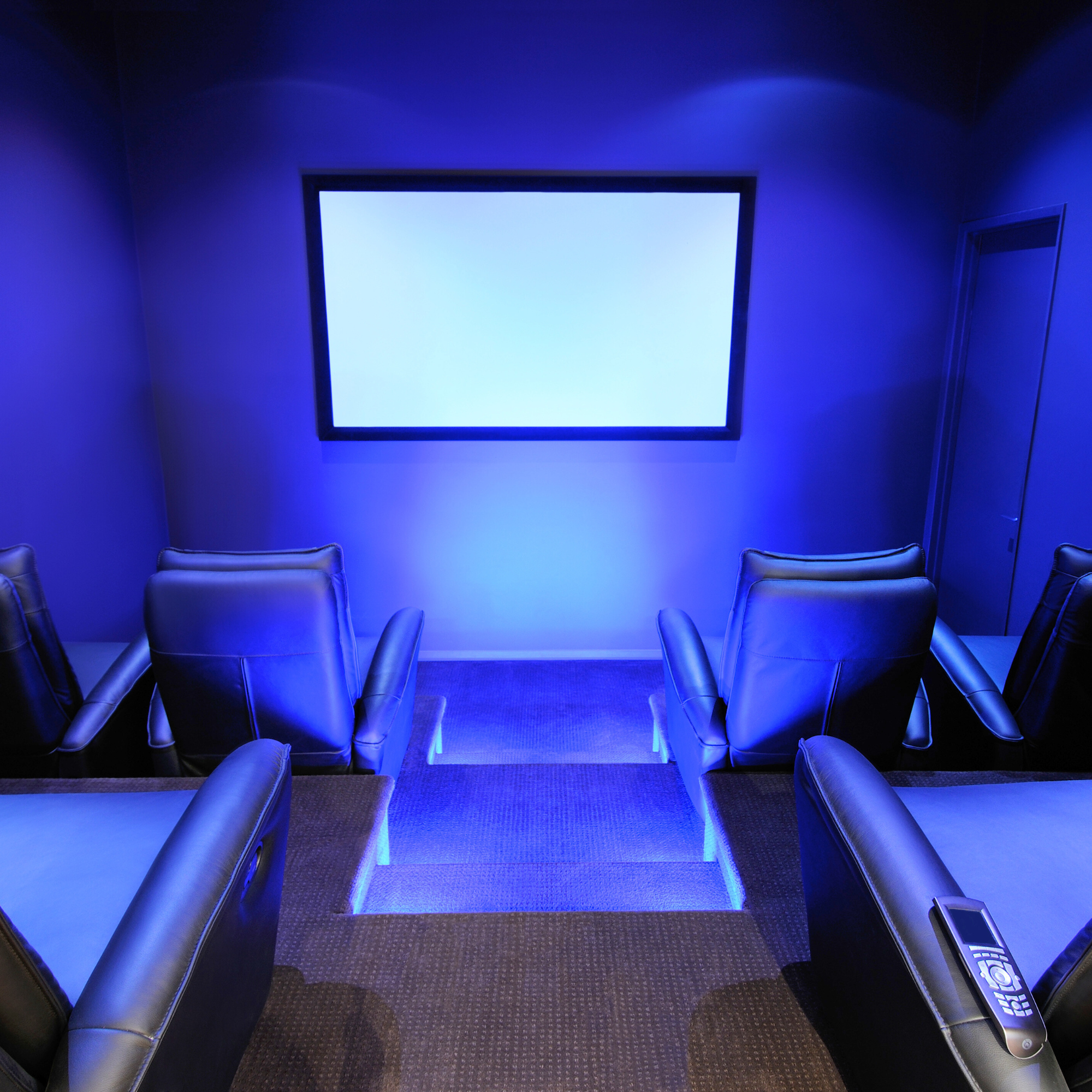
Cinema Room
Immerse yourself in luxury with our private home cinema, designed to offer the ultimate relaxation experience.
Our professional team is available 24/7 to assist you—reach out anytime.
Reach us via WhatsApp, Phone & Email
- natalie@searecoverycentre.com
-
+447464412339
-
Marbella - Sotogrande, Spain
- Find us on Facebook
- Find us on Instagram
-
24/7 - 365 Days a Year
- Choosing a selection results in a full page refresh.
